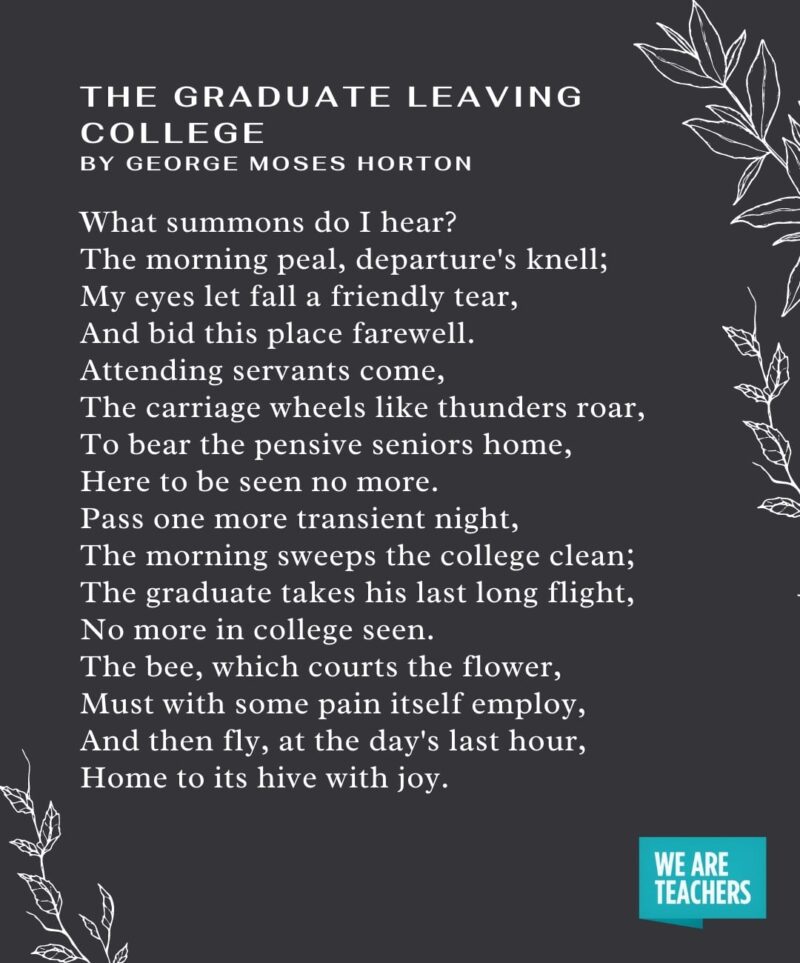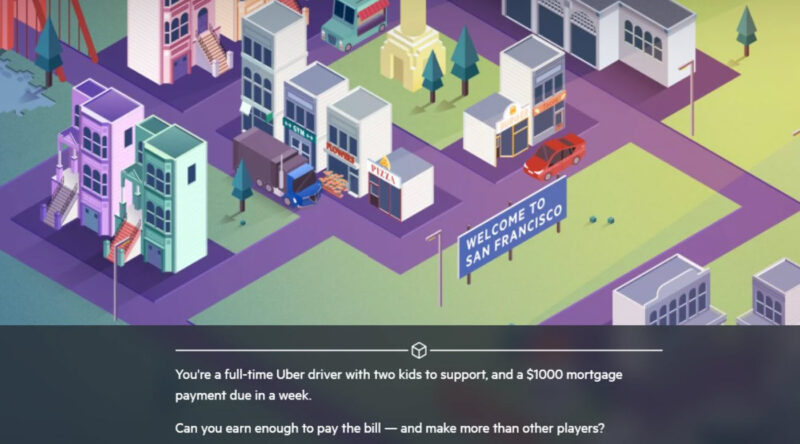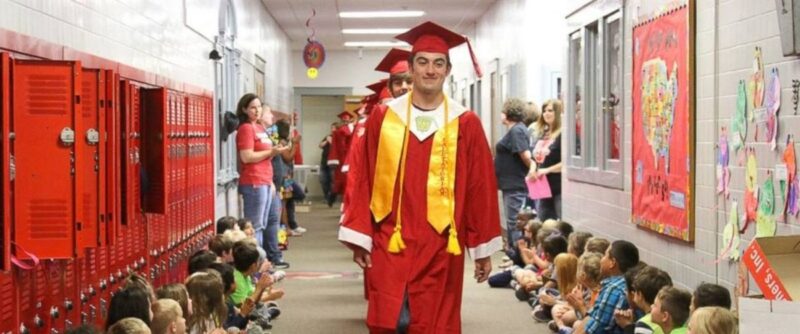As the clock ticks ever closer to graduation, the attitudes of even the strongest 12th grade students start to change. They’re approaching one of the biggest moments in their lives, and all their priorities seem to shift overnight. It’s known as senioritis, and it can be a real nuisance—and for some students, a serious problem. What are teachers to do?
What is senioritis?

Source: Ivyway
This tongue-in-cheek term describes high school seniors who check out long before donning their cap and gown. It affects nearly every 12th grader in one way or another, but some cases are more serious than most. Symptoms include:
- Difficulty concentrating on schoolwork
- Caring less (or not at all) about grades
- Frequent absences
- General poor attitude
- Wild behavior
Mild Senioritis Case
Emma has always been a top student and is on track to graduate in the top 10 of her class. She’s already been accepted to her top-choice college, and is starting to realize that in just a few short months, everything familiar is going to change.
She starts to prioritize fun extra-curriculars and social activities over schoolwork. In fact, she procrastinates so much, she’s forced to spend a big chunk of prom weekend writing three papers for her AP English class. During the final quarter, grades in some of her classes slip from solid As to Bs and even a C. Fortunately, her case is mild enough that it doesn’t affect her overall GPA much or risk her college acceptance.

Source: Green Level Gators
Serious Senioritis Case
Like Emma, Alex has already been accepted to the university he plans to attend. In his mind, high school is already over, even though it’s only February. He starts skipping school more often and spends time with friends when he should be studying. He tells his parents, “Look, this is my last chance to just be a kid. Leave me alone!” By April, he’s barely passing most of his classes, and his GPA has slipped dramatically. He manages to graduate but is shocked when he receives a letter from his college in late June rescinding his acceptance.
How can teachers keep seniors engaged all the way to the end?
Most kids are more like Emma than like Alex, but either way, senioritis can drive teachers batty in those final months, weeks, and days. Is there any way to keep these one-foot-out-the-door students focused in the classroom? Here are some suggestions.
Keep their eyes on the prize

Source: @customcreationsbyd
Senioritis is easier to treat when students have an end goal besides graduation. In AP classes, for instance, many students still try to give their all, knowing they’ve got to be ready to take that test at the end of the year. Students who haven’t yet met the graduation requirements are also usually better at staying focused.
For kids who don’t have these motivations, remind them that their behavior still has consequences. Already been accepted to college? That’s terrific, but colleges can and do rescind those acceptances for drastic grade changes and disciplinary issues. Final GPAs can also affect the amount of financial aid students receive.
Encourage their passions
For 13 long years, kids have had to learn what teachers told them to learn. Reward them now by assigning a passion project instead. It could be a research project, creative writing piece, science experiment, service learning project, community service volunteering, job shadowing—anything that sparks their interest. In the final days, hold an event to show off these projects and celebrate their success.
Meet them where they are

If graduation and life after high school is all they can think about, why not use that to your advantage? Study one of these graduation poems, help them learn to write a resume, let them design and create a school mural, or find ways to work important life skills into your lesson plans.
Watch for issues that run deeper than ordinary senioritis
Most 12th graders wind up with some version of senioritis, but sometimes the condition can hide something more deep-seated. This is an extremely anxious time of life for many. So much of what’s known and familiar is coming to an end, and they’re not entirely sure what the future holds.
Anxiety and depression can spike during a student’s senior year, so don’t be too quick to blame major changes in behavior on senioritis. Know the signs of teen anxiety and depression, and talk with their parents if you have real concerns. Find ways to help kids cope with anxiety here.
Get them ready for what comes next

Their minds are on college, real jobs, and becoming adults. This is the time to help prepare them for those challenges. Make sure college-bound kids have strong study skills. Try some activities to help them build job-readiness skills. Along with those aforementioned life skills, be sure all your students have developed some financial smarts too.
Join the fun

Source: abcnews.go.com



















